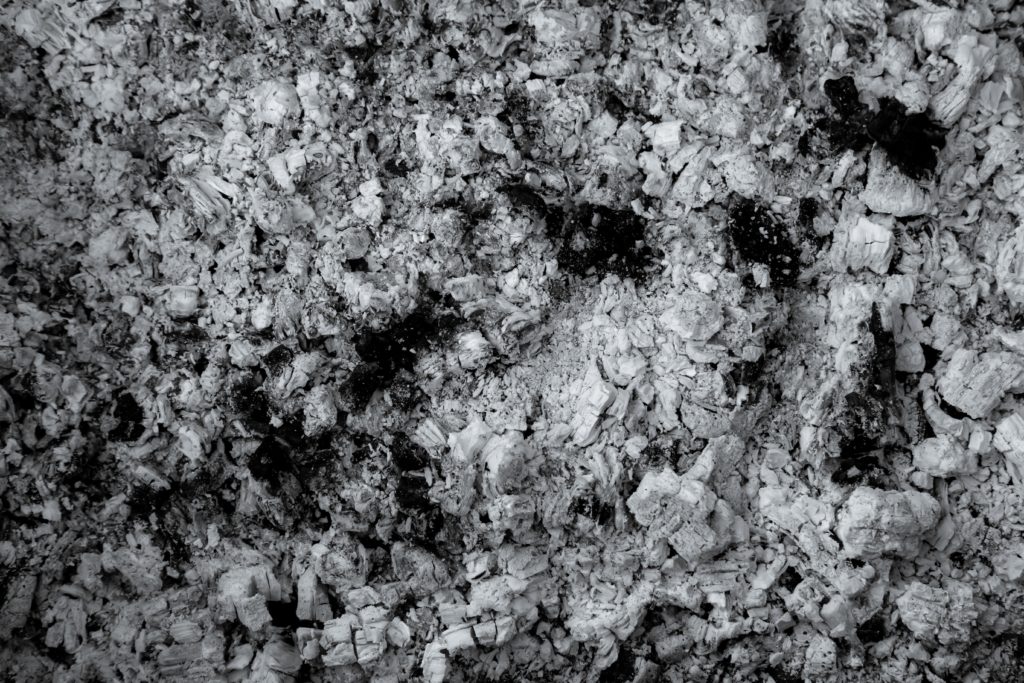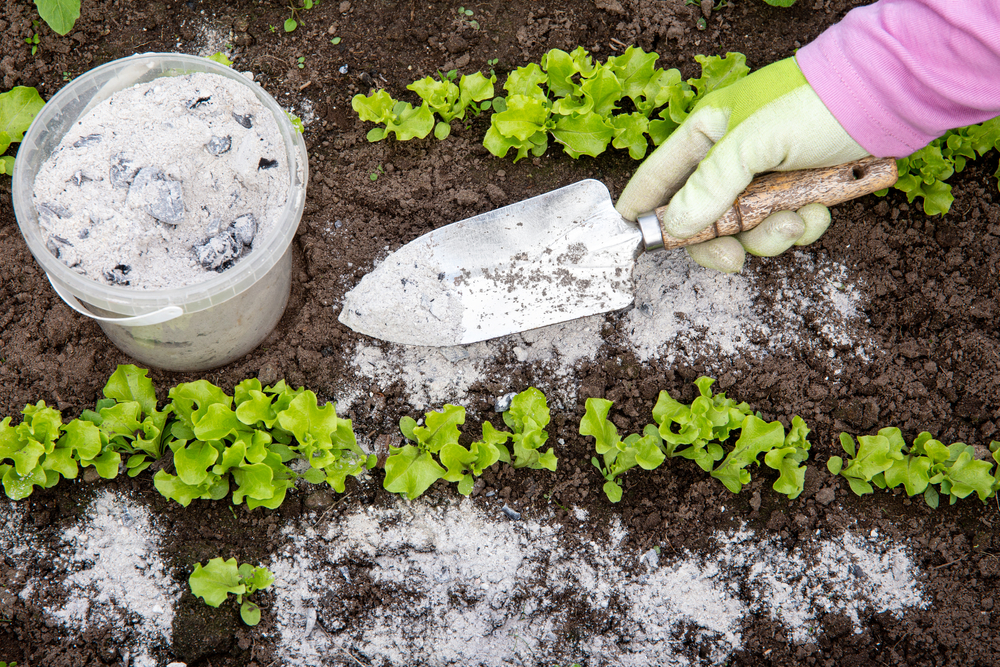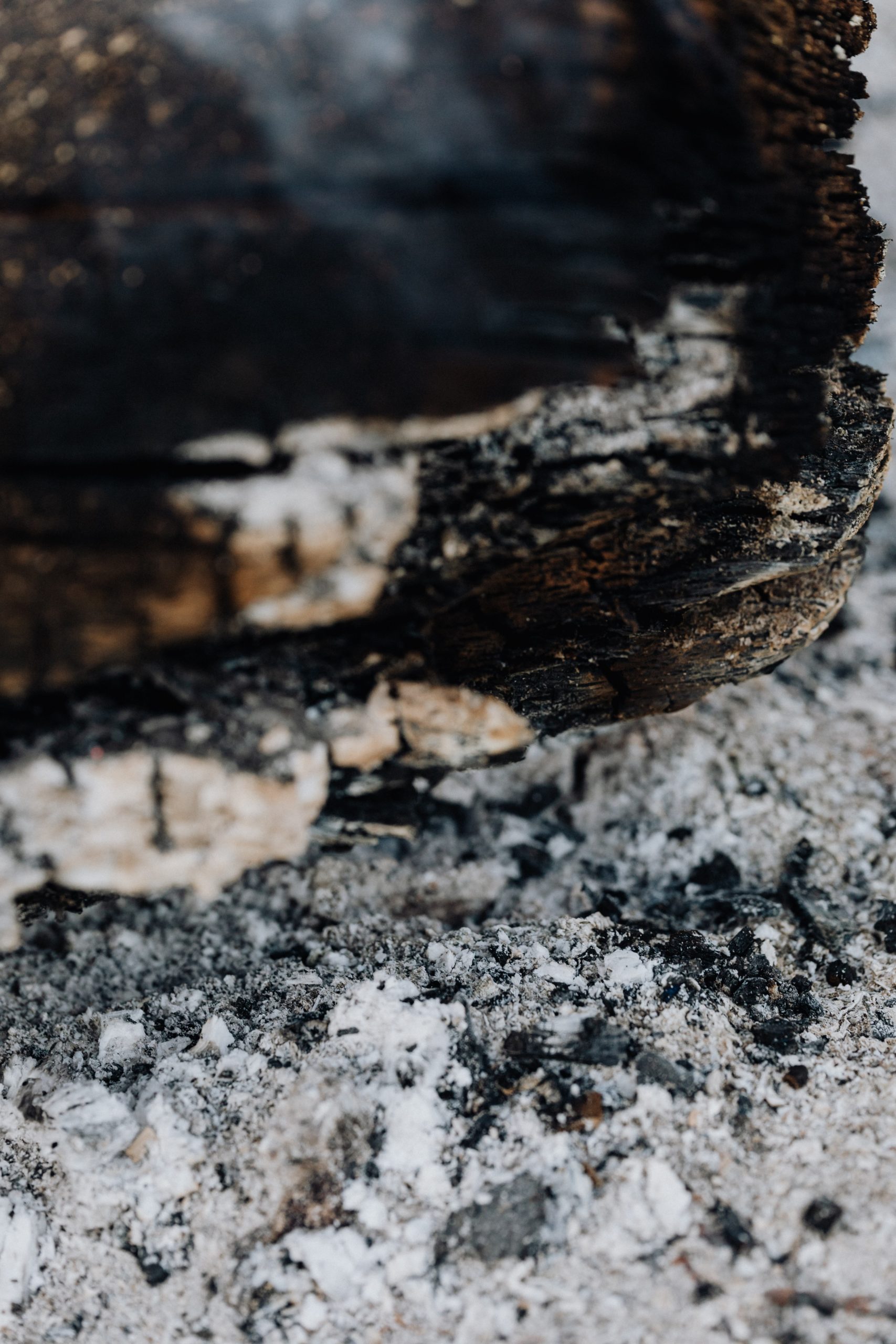The majority of homeowners don’t realize the positive effects that applying ashes from fire pits to their grass can have. The ash that is left over after using a fire pit is an excellent way to fertilize your grass and assist the growth of your plants. In this post, we will go over some of the positive aspects associated with spreading ashes from a fire pit on your grass.
Ashes from your fire pit can be used as a form of fertilizer for your grass, which is just one of the many advantages of doing so. Ashes are rich in a variety of nutrients that can stimulate the growth of plants. Ashes from your fire pit can also assist in enhancing the drainage capabilities of your soil. Adding ash to clay soil can help to improve drainage by breaking up the clay and improving the soil’s overall structure.
Ashes from your fire pit can serve as a natural pest repellent, which is yet another advantage of using them on your grass. If you have a problem with slugs or snails in your garden, scattering some ash around the outside of your garden’s borders can help to keep them out. The presence of ash around your plants may also discourage rabbits and deer from feeding on them.
Pro: Ashes are rich in nutrients that are beneficial to the lawn.

Ashes are rich in various nutrients that can be advantageous to the growth of grass, which is one of the most significant advantages of applying ashes to your lawn. A healthy plant’s growth requires a variety of minerals, including potassium, calcium, magnesium, and phosphorus, all of which can be found in ashes. When applying the ashes to your lawn, be careful not to use too much of them; doing so can actually cause the grassroots to become damaged, which will result in your lawn has brown spots.
Con: The pH level of your soil may increase due to the addition of Fire Pit Ashes.
If you live in a region that has soil that is naturally acidic, spreading the ashes from your fire pit on your lawn can actually raise the pH level of the soil. Ashes have a high alkaline content, which is the reason for this. Raising the pH level of your soil can make it more difficult for certain plants to grow, despite the fact that this might not seem like a big deal at first. Before you spread the ashes from your fire pit on your grass, it is best to have the pH level of your soil tested, especially if you are unsure what it is.
Spreading Fire Pit Ashes Out on the Grass

It is necessary to determine the amount of ashes to use before spreading them on the grass. A good rule of thumb is to apply no more than one pound of ashes to a lawn that is one hundred square feet in size. It is possible to develop issues such as zinc or manganese toxicity if you use it in excessive amounts. It is essential that you avoid spreading ashes on areas that have recently been seeded or on areas where the grass is having trouble growing.
Conclusion:
Ashes from your fire pit can be a useful way to both fertilize your grass and discourage pests from growing there. If you have a problem with slugs or snails in your garden, scattering some ash around the outside of the garden’s borders can help to deter them from entering. The drainage of your soil can also be improved with the addition of ash, particularly if your soil is clay-based. The addition of ash to your lawn can also help prevent rabbits and deer from eating your plants by acting as a deterrent to these animals. Adding the ashes from your fire pit to your grass can be a beneficial way to provide your grass with additional nutrients. Just make sure to apply them sparingly and steer clear of areas of your lawn that have recently been seeded or are struggling.
